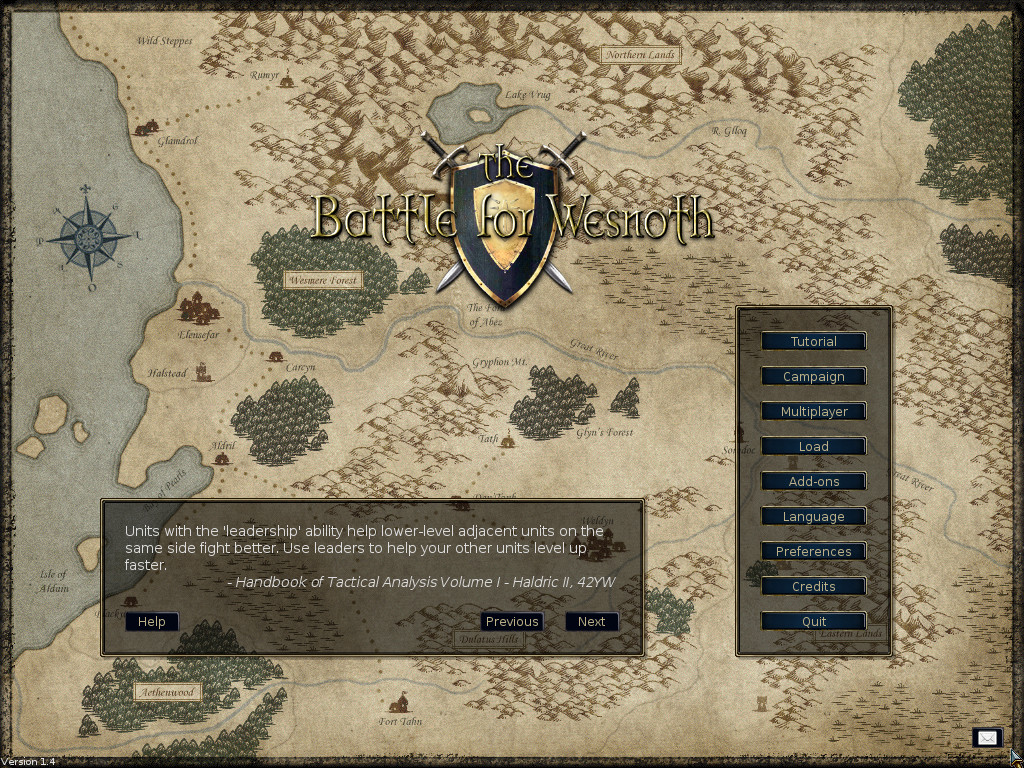The Linux Nvidia driver is a contentious subject, I know. Forgetting the fact that it is a proprietary binary blob, I think the 180.29 release of the driver release was their best in years. Not only did it greatly improve 2D performance on several of my machines and fix numerous bugs, but it added something called VDPAU. What VDPAU does is offload video decoding/playing from the CPU to the GPU; so, video playback should be smoother and allow you to more easily run other tasks while HD video is playing.
I decided to try this out on the mythbox I built recently to capture the digital HD signal that is freely broadcast over the air these days. I have an onboard Nvidia GeForce 8200 video card and am running Mythbuntu 8.10 with mythtv 0.21-fixes. Jean-Yves Avenard backported the 0.22 vdpau elements and created a Mythbuntu repo to upgrade the default packages (it also contains the 180.29 driver). A discussion of Mythbuntu itself is coming soon.
The results are simply amazing. The CPU usage on 1080p/i HD video has dropped from ~70% to < 1%! There isn’t much to say but wow! It did solve several issues with stability of HD playback in mythv due to high CPU usage and generally gave much smoother transitions. So, thumbs up to the NVidia Linux devs, the MythTV devs and the Mythbuntu team. Try it out for yourself if you have a Mythbox and an NVidia card.
People (including myself) criticize NVidia for not open-sourcing their driver, but, at the end of the day, it still gives the best performance and end user experience if you ask me. That may change in a year as the open-source ATI driver matures. But, for now, NVidia is still king of Linux graphics.


